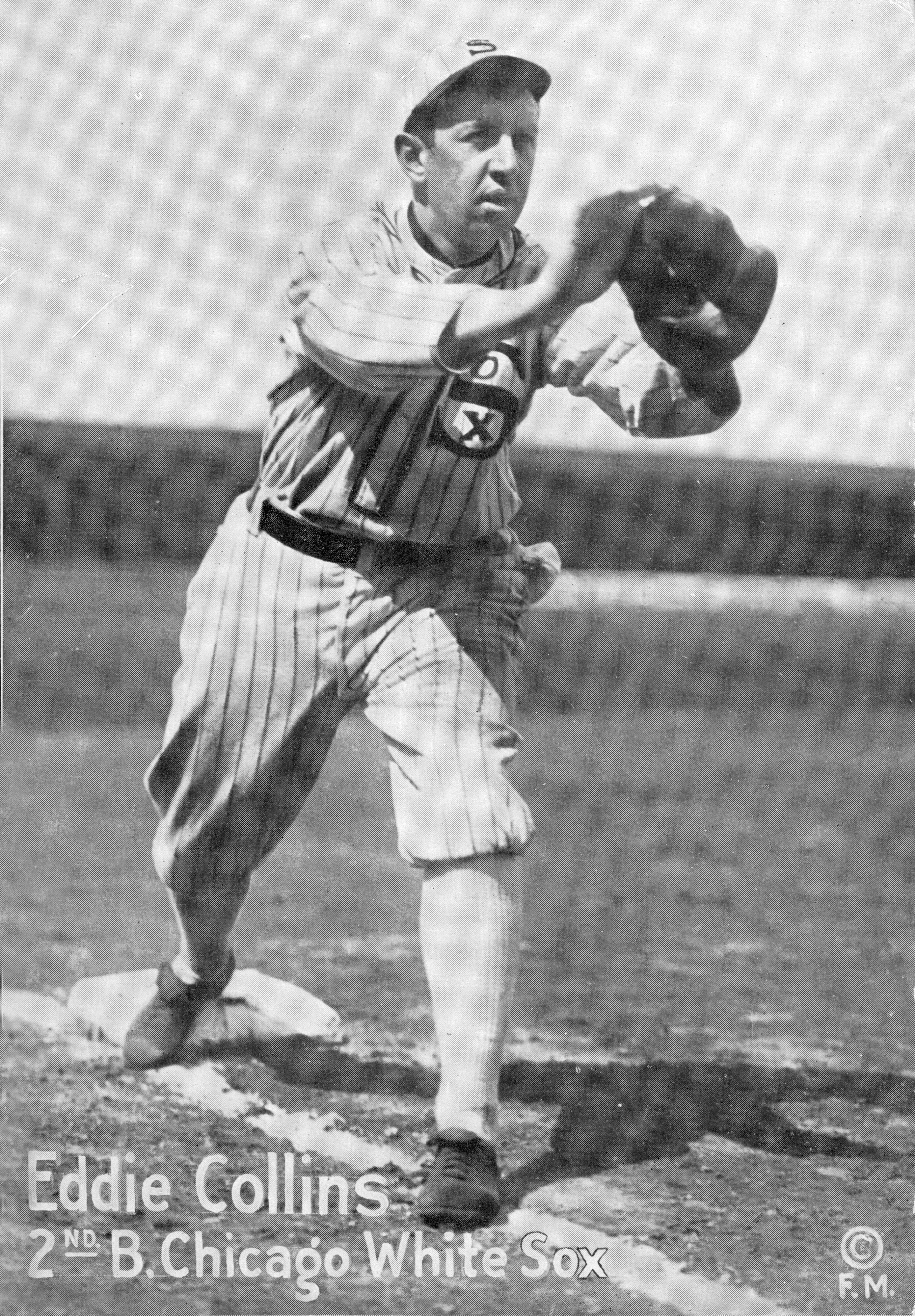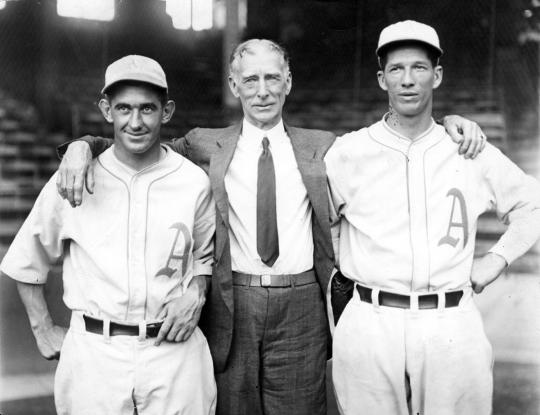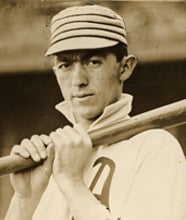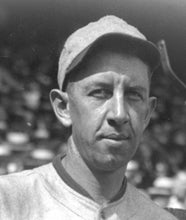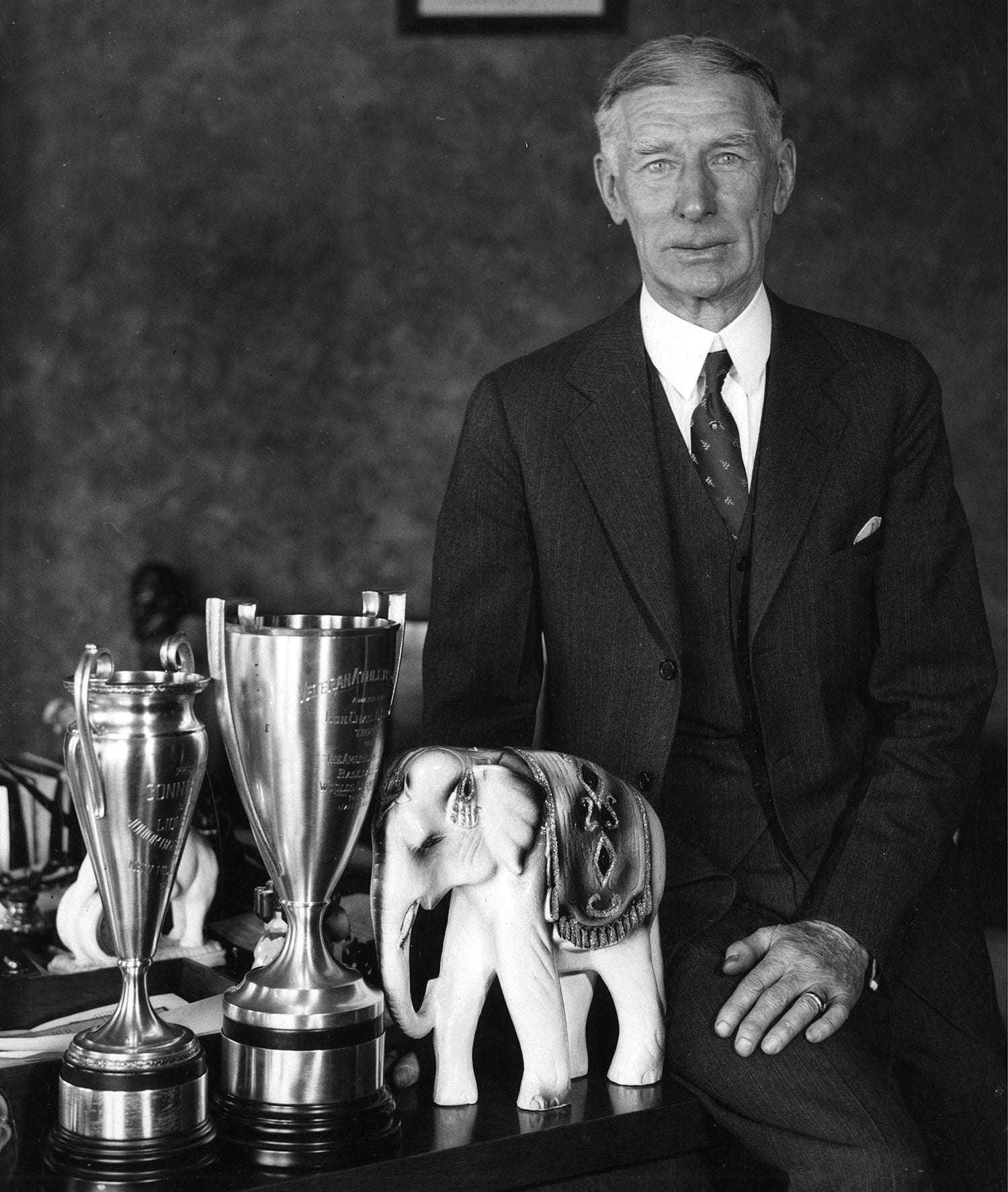- Home
- Our Stories
- Aging Mack retires after half-century of greatness
Aging Mack retires after half-century of greatness
On Oct. 18, 1950, Athletics manager Connie Mack announced his retirement. The 87-year-old had enjoyed a managerial career of profound success – nine pennants and five World Series titles – and legendary length, including three seasons at the helm in Pittsburgh and 50 in Philadelphia.
He had already been inducted into Cooperstown in 1937 as part of the Hall of Fame’s second class.
Hall of Fame Membership
There is no simpler, and more essential, way to demonstrate your support than to sign on as a Museum Member.
Be A Part of Something Greater
There are a few ways our supporters stay involved, from membership and mission support to golf and donor experiences. The greatest moments in baseball history can’t be preserved without your help. Join us today.
“An era in America’s sports came to an end yesterday when Connie Mack, manager of the Athletics during the half-century of the club’s existence, gave up his perennial position at the helm,” wrote the Philadelphia Inquirer. “Baseball, and more especially the A’s, was his life, but the time had come for a change.”
Beyond the dugout, Mack had assembled and disassembled some of the century’s greatest teams. First came the “$100,000 Infield” featuring Home Run Baker, Jack Barry, Eddie Collins and Stuffy McInnis, a group which won the World Series in 1910, 1911 and 1913 as well as the 1914 American League pennant. By Opening Day in 1918, with a recession in full swing, all four were gone.
Philadelphia won another two titles in 1929 and 1930, fielding four future Hall of Famers in Jimmie Foxx, Mickey Cochrane, Al Simmons and Lefty Grove. As the Athletics felt the strain of the Great Depression, Mack tore down another Philadelphia dynasty following the A’s loss to the Cardinals in the 1931 World Series.
Once a big leaguer himself from 1886-96, Mack had crossed paths with countless baseball legends. “He is the living history of the game, having known all the great players of three generations and having handled many of them,” wrote the Inquirer. “Even a partial roll call of Connie’s former stars reads like a leaf from baseball history.”
Those stars, combined with Mack’s cool, soft-spoken dugout presence, allowed “The Tall Tactician,” standing 6-foot-1, to win 3,731 games as a manager. The mark is an all-time record unlikely to ever be surpassed – Tony La Russa, sitting at No. 2 on the list, won 847 fewer games than Mack.
The retirement announcement followed a woeful 1950 campaign which saw the Athletics, 19 years removed from their most recent American League pennant, go 52-102. On average, Shibe Park welcomed just over 4,000 fans per game, leaving the club with financial challenges to match its on-field struggles. “It was a ruinous year at the gate,” wrote the Inquirer. “They lost a fortune, perhaps as much as half a million dollars.”
Mack remained Philadelphia’s president and continued to travel with the club. He named Arthur Ehlers the new general manager, while appointing former A’s standout Jimmy Dykes as manager.
Dykes told the Inquirer it was the “one time in my life when I’ve been flabbergasted… to be stepping into Connie Mack’s shoes which can never be filled by a guy like me. Connie Mack is the greatest man who ever lived.”
Indeed, Dykes could not fill his predecessor’s shoes. He lasted only three seasons as Philadelphia’s skipper, winning 208 games and losing 262. The franchise relocated to Kansas City prior to the 1955 season.
Justin Alpert was the 2023 social media intern in the Hall of Fame’s Frank and Peggy Steele Internship Program for Leadership Development
Related Stories

Mack trades final piece of $100,000 infield
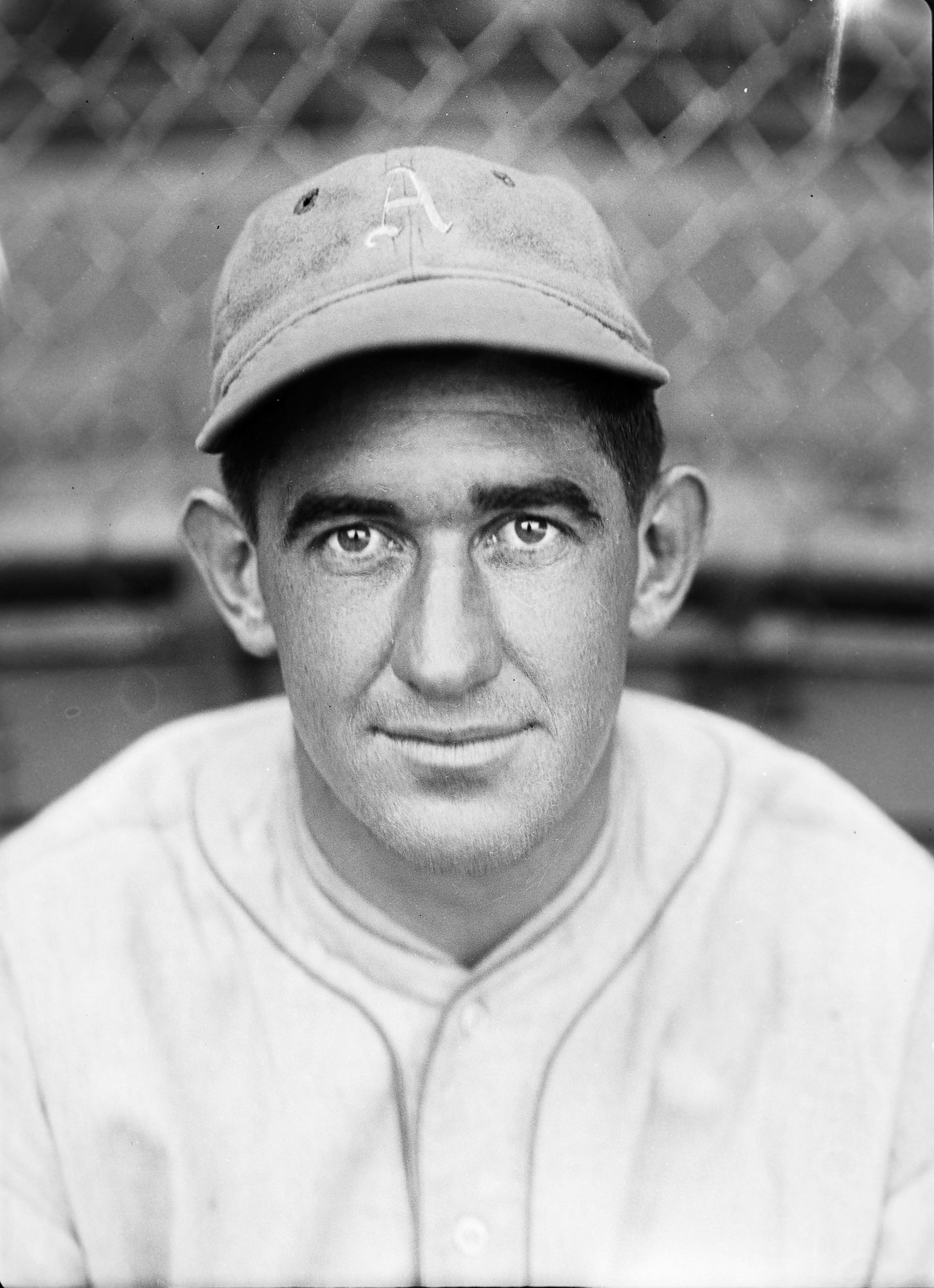
Mack breaks up second A's dynasty, trades Cochrane
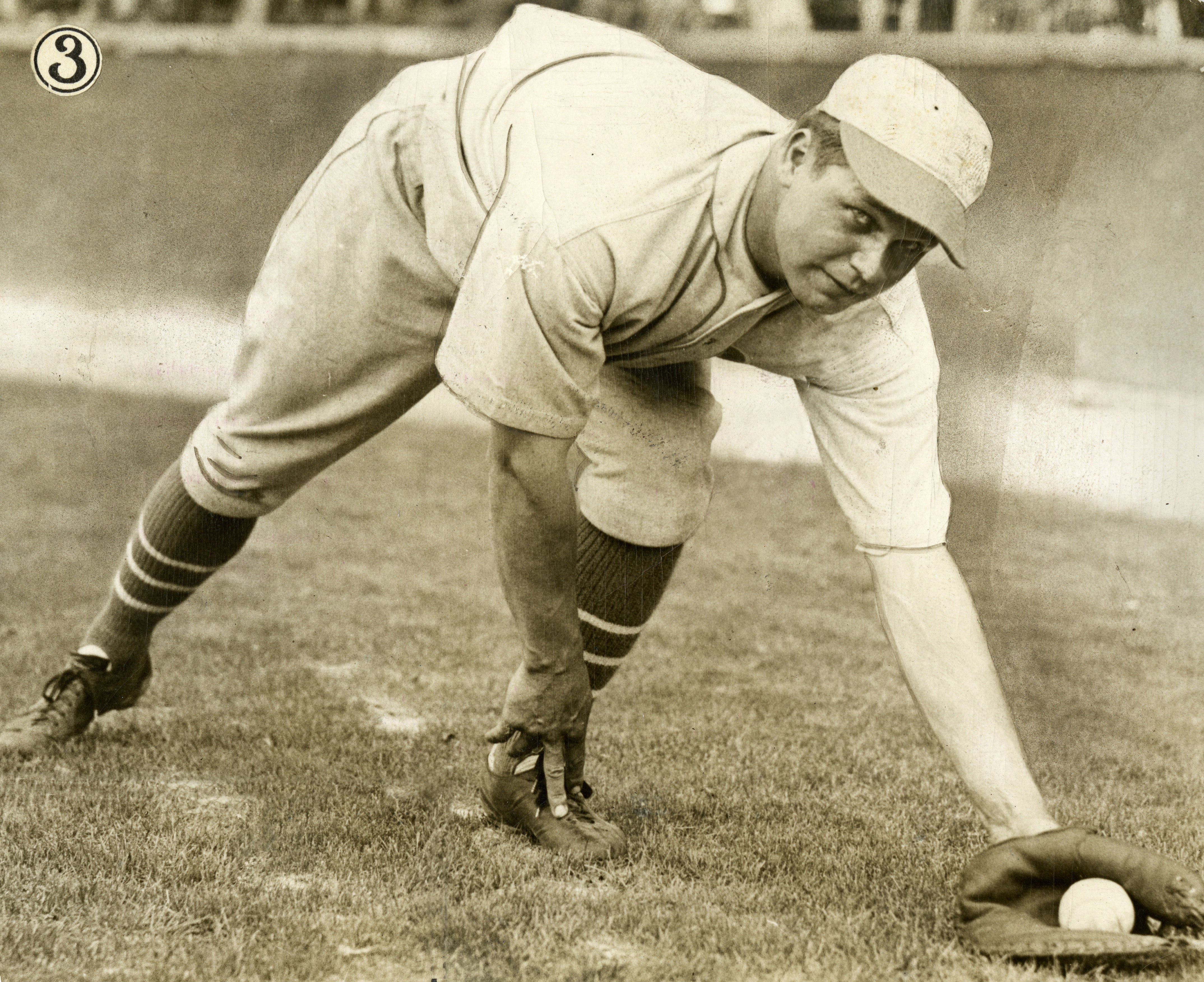
Jimmie Foxx pitched in for Phillies during war-torn 1945 season
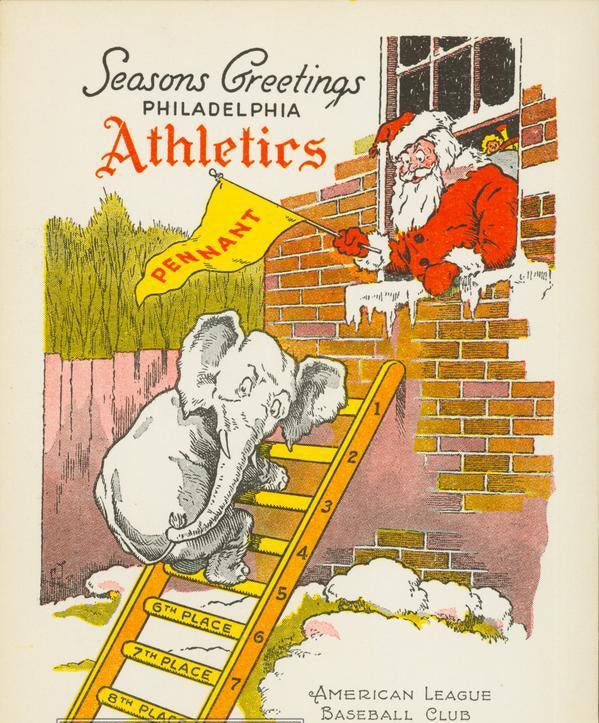
#Shortstops: Holiday wishes, Philadelphia style
